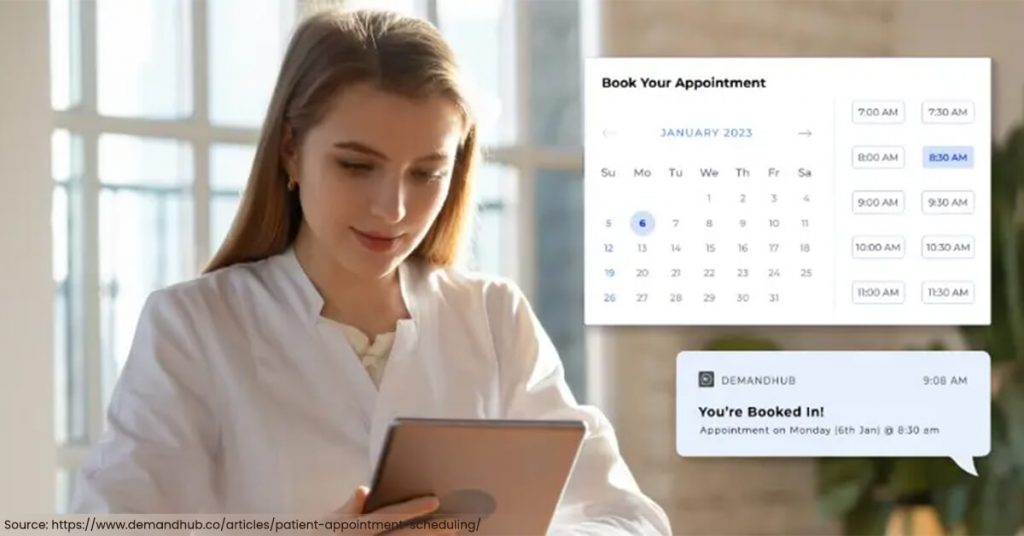Robert F. Kennedy Jr. has spent a lot of his time as health secretary on the road. Late last month, he spoke at an event in Baton Rouge and lamented how Americans have gotten sicker and sicker over the years. “When my uncle was president, I was a 10-year-old boy—we had the healthiest children in the world,” he said, flanked by supporters in green MAHA Louisiana hats. The day before, Kennedy gave a near-identical speech in Oklahoma City, this time surrounded by people holding signs that read OK ❤️ RFK Jr. and Make Oklahoma Healthy Again.
Kennedy traveled to both states to celebrate their efforts to take up his MAHA agenda. In Oklahoma, RFK Jr. joined the signing of a pair of orders that will begin the process of pulling fluoride from the state’s water supply and blocking the purchase of soda using food stamps. In Louisiana, the health secretary was there when the state enacted a bill that forces food companies to put warnings on their products if they contain certain artificial food dyes, preservatives, or dozens of other additives. These were just two stops on a nationwide tour that has also taken RFK Jr. to several other states—including Arizona, Utah, and West Virginia—that are pushing forward with his ideas, especially on food. In some cases, Kennedy has cheered from afar: “Texas is leading the way,” he posted on X last month, after the Lone Star State passed its own MAHA-style bill similar to Louisiana’s.
Though RFK Jr. has the power to enact monumental change, much of MAHA’s actual successes at reforming the American diet haven’t come from Washington. While states pass law after law cracking down on food, Kennedy’s own biggest action to date has been relatively modest: a campaign pressuring food companies to voluntarily remove synthetic food dyes from their products. The states are out-MAHAing the MAHA king, much to his pleasure.
To some degree, RFK Jr. was always going to need help from the states. Although he has repeatedly called for a ban on purchasing soda using food stamps, the health secretary can’t make it happen without action from states such as Oklahoma. State legislators started introducing various MAHA bills right as Kennedy was being confirmed to his position. In March, Kennedy visited West Virginia when it became one of the first states to pass such a bill into law, banning seven artificial dyes from being served in schools. The laws in Louisiana and Texas are far more sweeping, among the most stringent food policies that have been passed by states in recent memory. In Texas, a range of products that include common food additives will have to specify on the package that they are “not recommended for human consumption by the appropriate authority in Australia, Canada, the European Union, or the United Kingdom.” Louisiana has a similar warning-label rule, and mandates that any restaurant serving food cooked in seed oils has to display a disclaimer in the store.
[Read: Republicans are right about soda]
Kennedy could enact similar changes nationwide and could even outright ban certain ingredients, but so far he hasn’t. Such actions typically require bureaucrats to first collect evidence that a certain food is causing actual harm, and outside groups have already gathered dossiers of scientific studies. “All he had to do was swing and hit it out of the ballpark,” Jensen Jose, the regulatory counsel at the Center for Science in the Public Interest, an advocacy group that pushes for more stringent regulation of food additives, told me. By Jose’s telling, Kennedy “didn’t even step up to bat.”
Kennedy’s strategy appears to be by design. Banning ingredients requires new regulations, something the Trump administration disdains. In January, Donald Trump signed an executive order requiring that for every new rule enacted, the government would have to shed 10. By regulating food through handshake agreements and relying on states to enact their own policies, Kennedy is getting his way without having to deal with all of the red tape. There are other practical considerations: Although Kennedy talks about waging war with food companies, he is running low on infantry. Food regulations involve legal paperwork, and the FDA has been without its chief counsel since March. The FDA branch tasked with reviewing the safety of additives was thrown into chaos back in February, when a number of employees were fired—prompting the agency’s top food regulator to resign in protest. In an email, a Health and Human Services spokesperson told me, “Secretary Kennedy has led the national charge in demanding greater transparency and accountability from the food industry, and it is precisely because of his leadership that many states have felt empowered to act.”
The challenge for Kennedy in realizing his vision on a national scale, of course, is that he also has to contend with states that are less enthused about the MAHA agenda. But it’s possible that the state laws in Texas and Louisiana will have consequences for the rest of the country. (It’s also true that some of what he has proposed—particularly around food dyes—has at least some bipartisan appeal.) Instead of dealing with the hassle of creating special packaging with warning labels to sell in Texas and Louisiana, food companies might just add those labels to the products they sell nationwide. Something along those lines has happened before. Across the country, foods occasionally come with warnings that they contain certain carcinogens after California enacted a rule requiring such labels. Or perhaps food companies will take out the ingredients targeted by Louisiana and Texas to avoid the warning-label requirement altogether.
Kennedy seems to be banking on such sweeping change. During his appearance in Louisiana, he noted that the state’s MAHA law helps his campaign of pressuring food companies to phase out artificial food dyes. “The food companies are coming in every day and saying, Stop the states from doing this; we don’t want to have a national product that has a patchwork of different states with different rules,” Kennedy claimed. The quickness by which states picked up this MAHA charge undoubtedly projects strength onto Kennedy during his negotiations with food makers. Some of the world’s largest food companies, including Nestlé USA, Tyson Foods, and Kraft Heinz, have already pledged to remove certain dyes from their products in the coming years.
[Read: RFK Jr.’s worst nightmare]
But outsourcing MAHA to the states is hardly a surefire strategy for Kennedy. Some companies promising change may actually be waiting him out—banking on the idea that once Trump leaves office, Kennedy will too. In the meantime, should the laws be challenged in court, they risk being at least partially struck down. In 2013, a Michigan state law requiring unique beverage labels was nullified after a federal appeals court determined that the legislation unfairly interfered with interstate commerce. Even if the laws stand, RFK Jr. might face some challenges. Warning labels on artificial food dyes might lead companies to swap them out for natural alternatives, but it’s less likely to be the case for emulsifiers—another category of food additives that is targeted by the Louisiana and Texas bills. Emulsifiers are present in many ultraprocessed foods, and in some cases there is no easy replacement.
The clearest way to get rid of emulsifiers would be a national ban. Kennedy can do that, but the states can’t. The same is true with many other food additives that he—often incorrectly—says are wreaking havoc to American health. At a certain point, no matter how MAHA-focused some states become, Kennedy may actually need to get to regulating.






